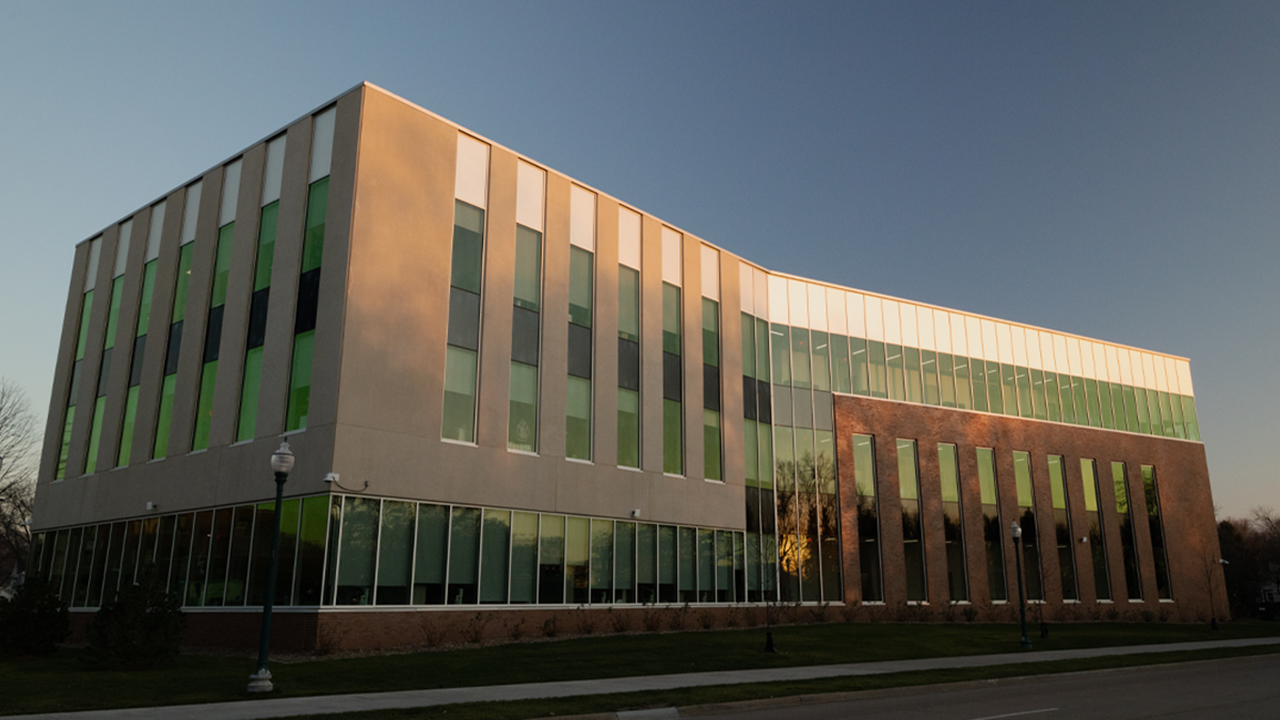USD to Offer Clinical Research Coordinator Certificate

Clinical research coordinators are key members of the clinical research team, led by clinician investigators. CRCs facilitate and coordinate the daily research activities in clinical trials/research with the primary responsibility of ensuring participant safety, protocol compliance, quality data collection and entry, and overall best practices in the conduct of studies.
In response to a workforce need, Sanford Research and USD’s School of Health Sciences connected to collaborate in the development of the certificate. Through this joint endeavor, Sanford research personnel will provide faculty support for advanced-level courses and hands-on learning modules required within the certificate.
“Offering the CRC Certificate Program is critical to address the local workforce need, and will likely have impact beyond our region,” said Lora Black, executive director of Clinical Research at Sanford Research. “With the workforce stabilized, clinical trials--which are the sole pathway to approval by the FDA for new interventions for patient care--are able to continue. By providing expansion to the workforce we are doing our part to support the pace at which scientific discovery is translated to patient care. The opportunity with this program is broad and deep, not to mention incredibly exciting for our research programs.”
The certificate encompasses the six areas of clinical research: research design, ethics and patient safety, product development and regulation, clinical trial operations, study and site management, and data management and informatics. After completing 3,000 hours of professional experience, the learner is eligible to sit for the CCRC exam through the Association of Clinical Research Professionals (ACRP).
Undergraduate students can complete the clinical research coordinator certificate to begin a career in clinical research; non-traditional students looking for a career change may also enroll. Current employees of clinical research facilities may also find this to be a pathway for advancement in their clinical research career.
“The work of a CRC is important because clinical trials improve thousands of lives around the world each year by finding new ways to detect and treat diseases and ensuring the safety of devices and treatments,” said Amy Nelson, director of USD’s Public Health and Health Sciences programs. “The regional workforce demand in this field and related fields is expected to grow 14.4% in the next 10 years.”
This certificate is offered fully online, but there will be hands-on experiences required for two of the four courses. No research experience is necessary to enroll.
The first course in the certificate, Introduction to Research, will be offered online in fall 2023. Students can expect to complete the certificate in three or four semesters and upon completion will be qualified for entry-level clinical research positions.
For more information, please visit usd.edu/Academics/Undergraduate-Programs/Health-Sciences.
